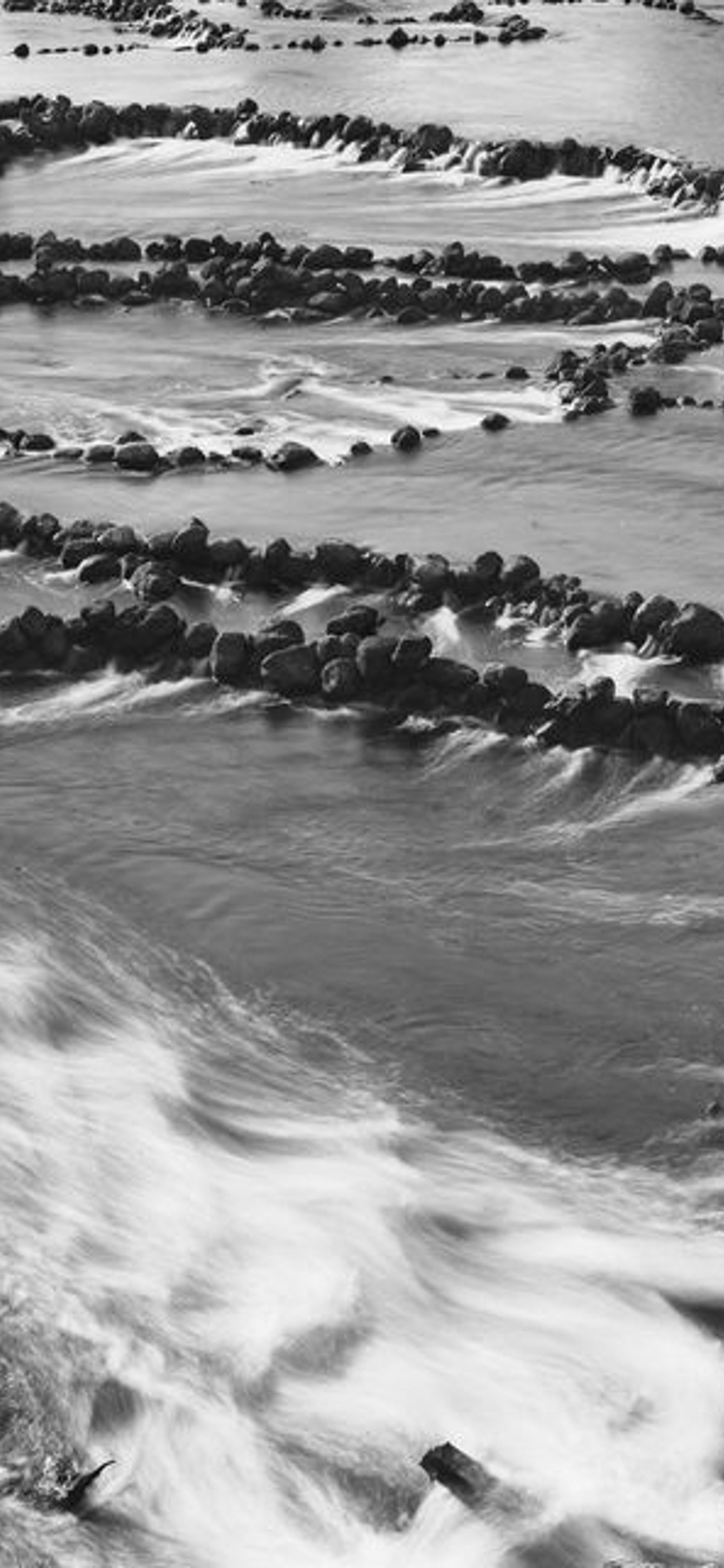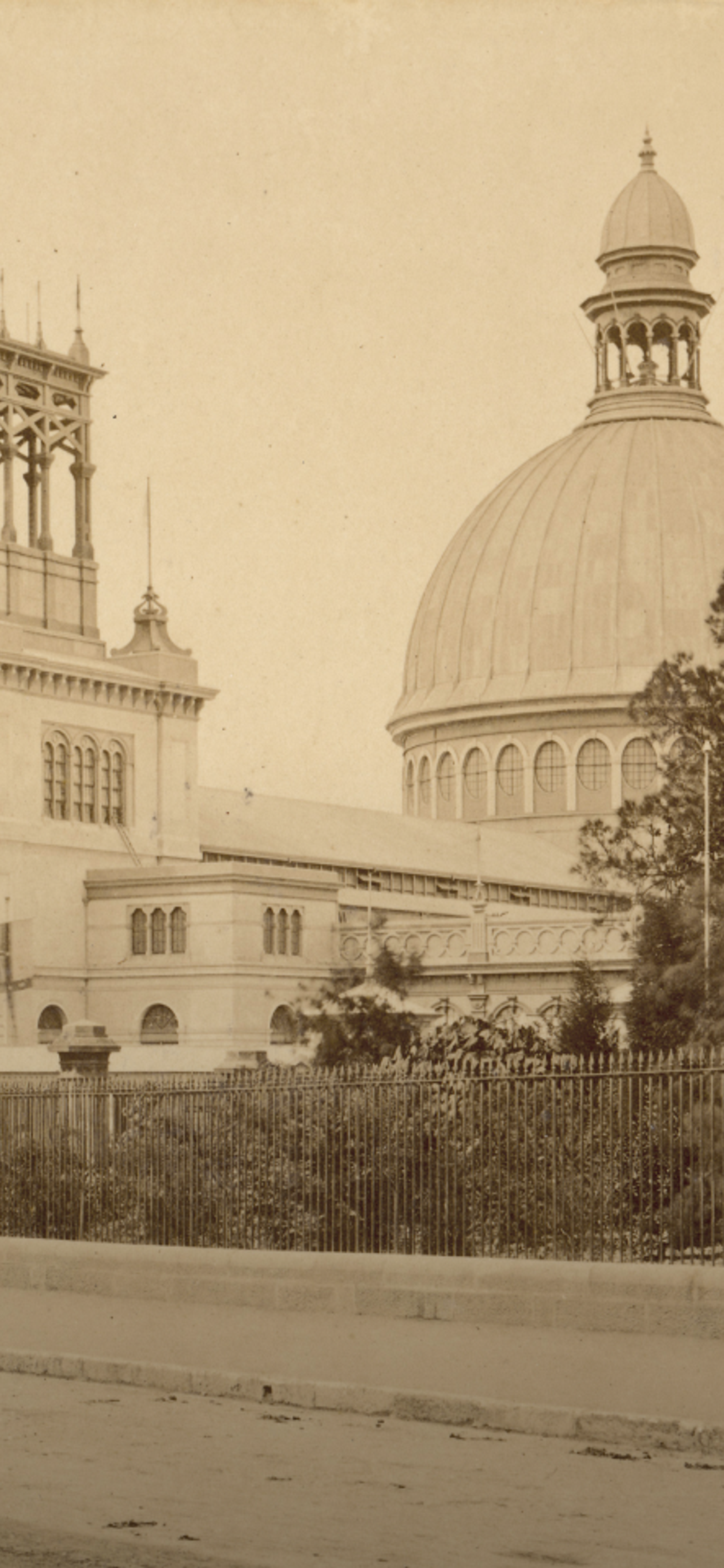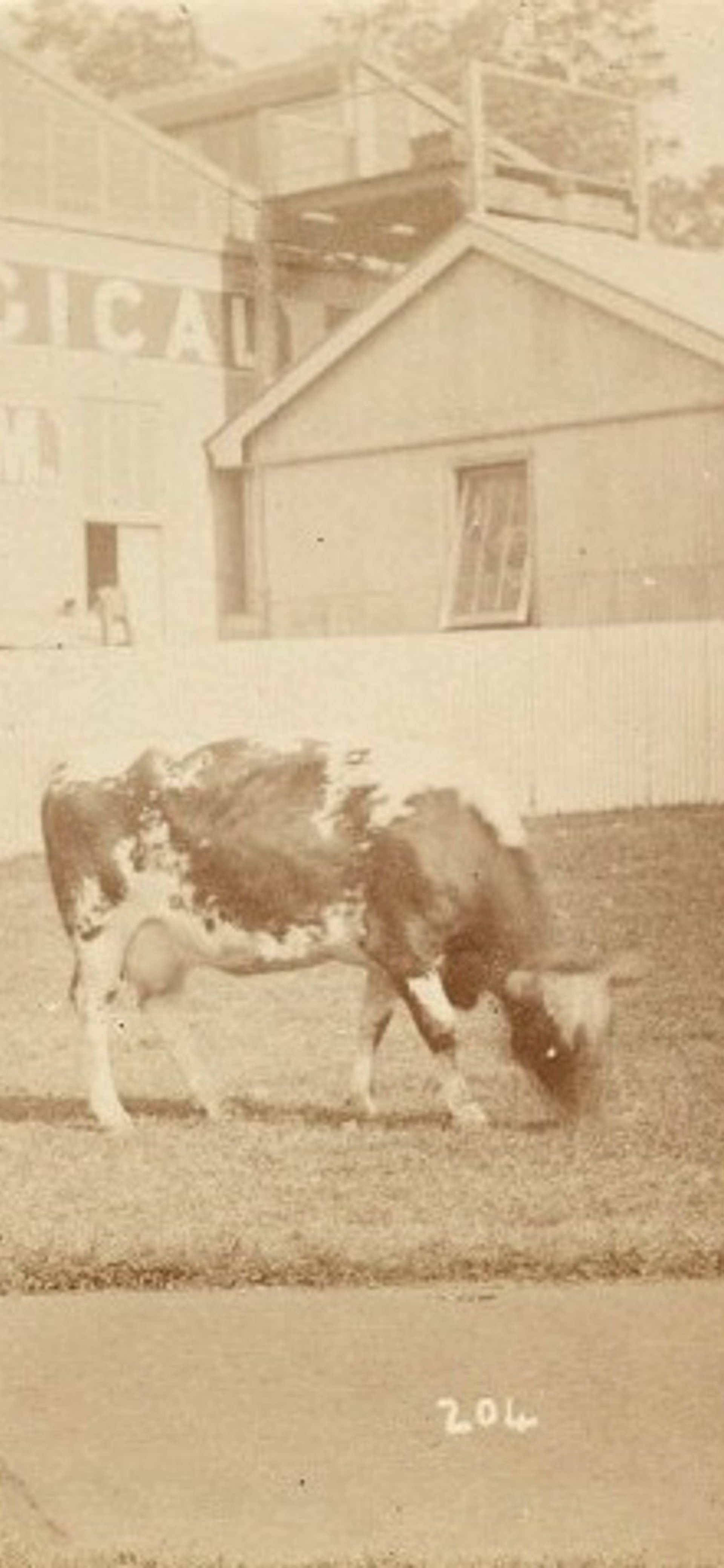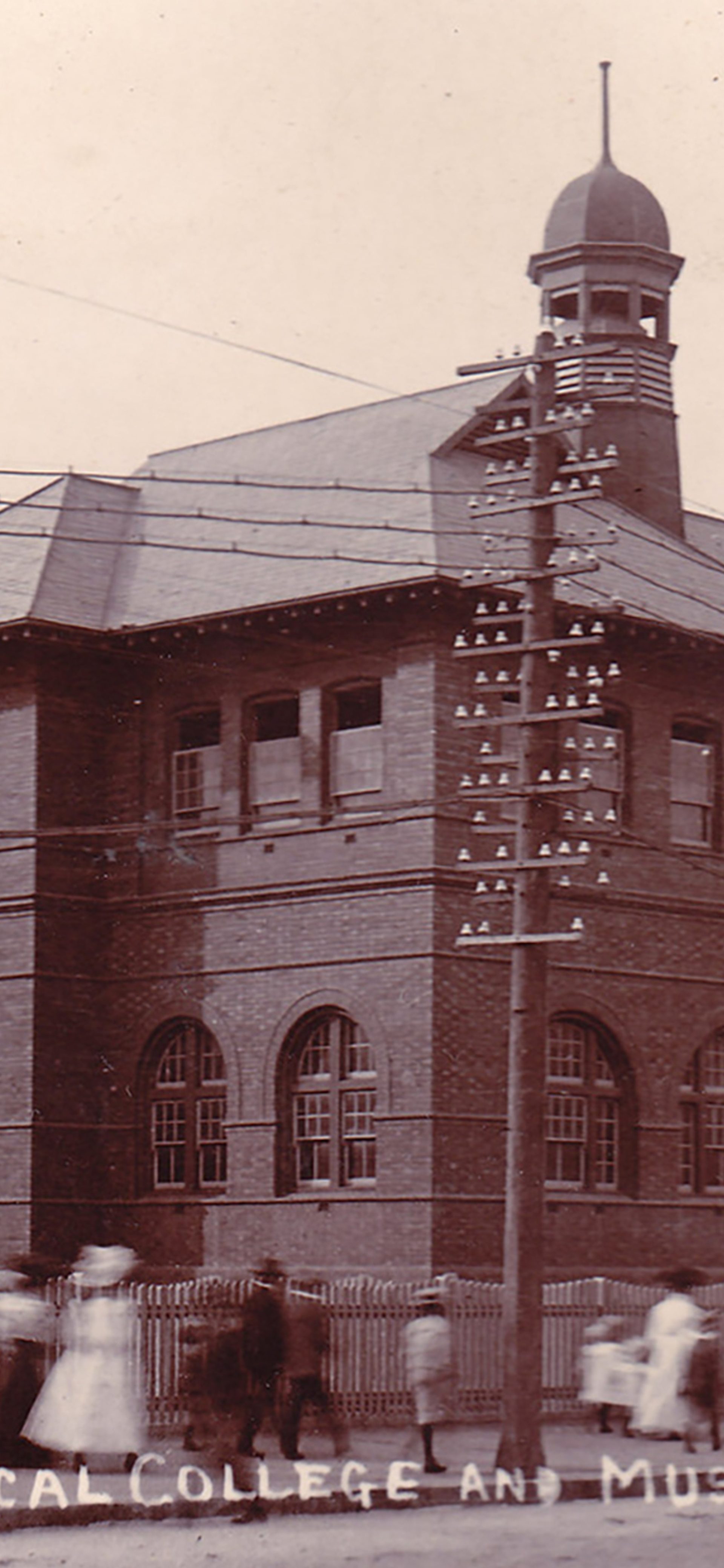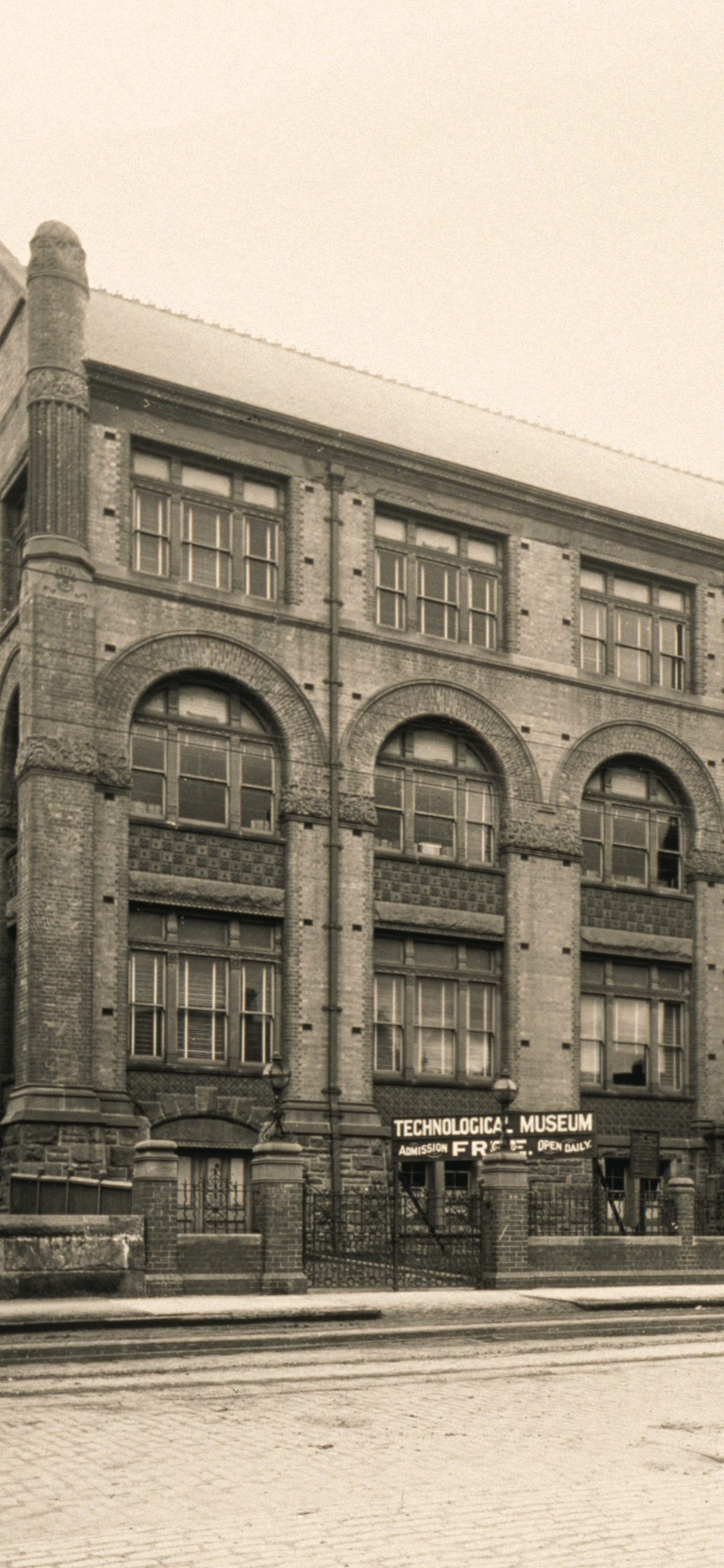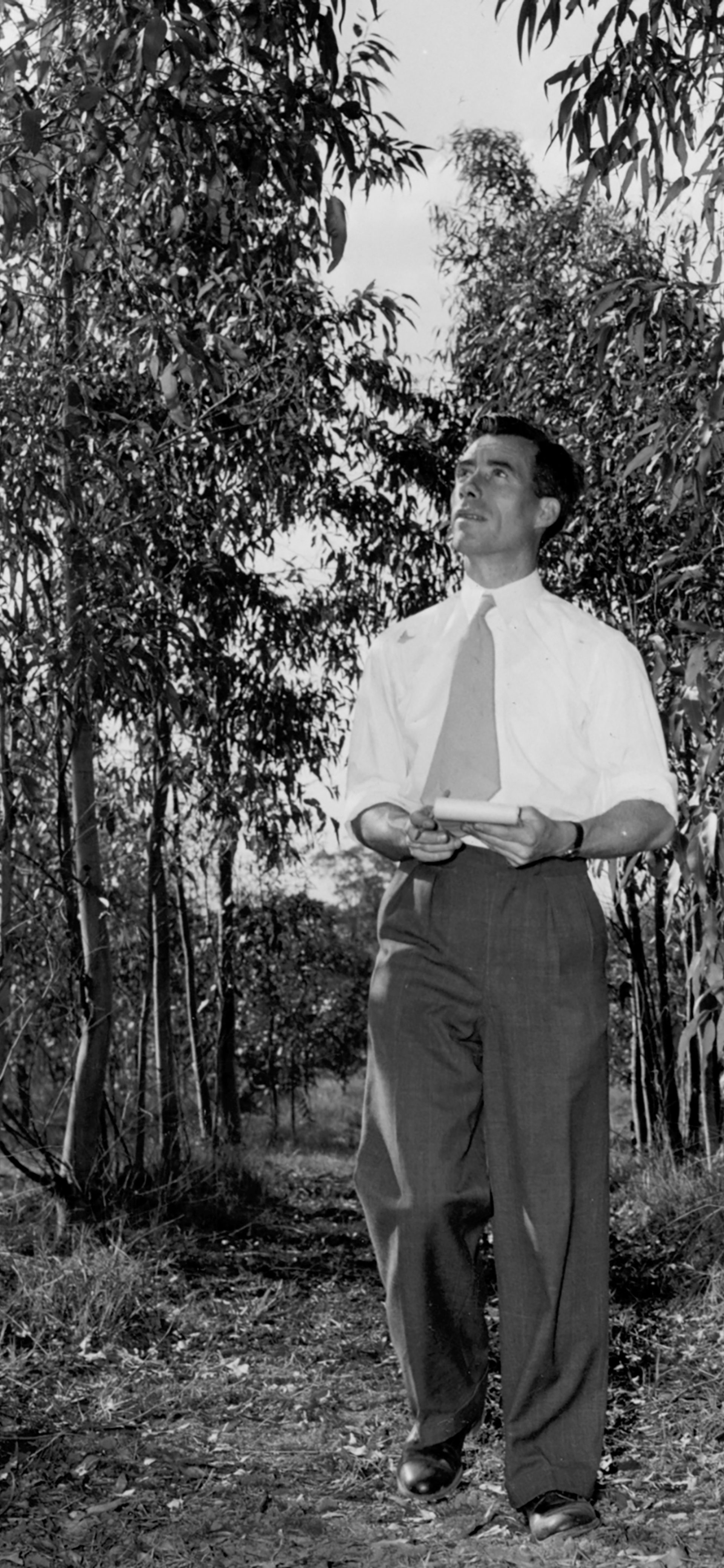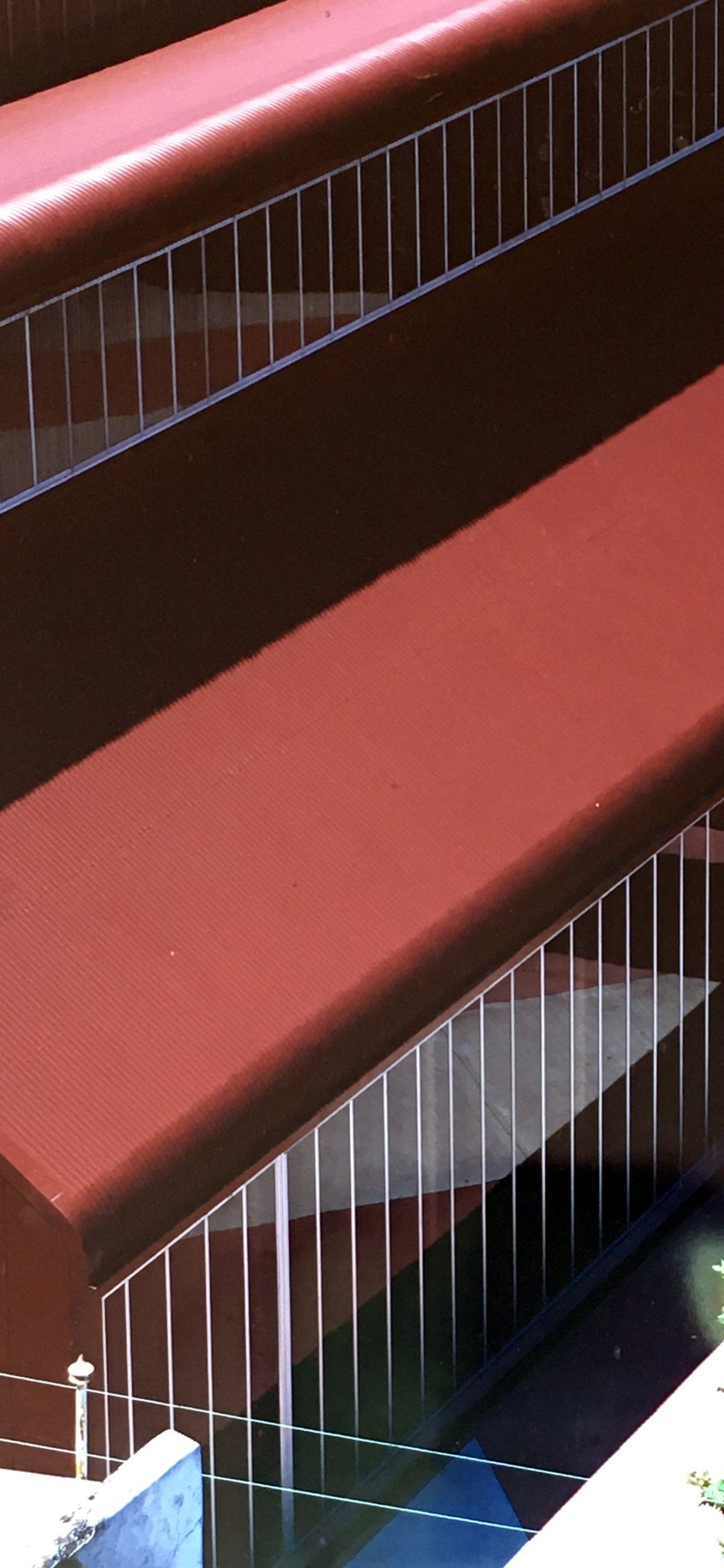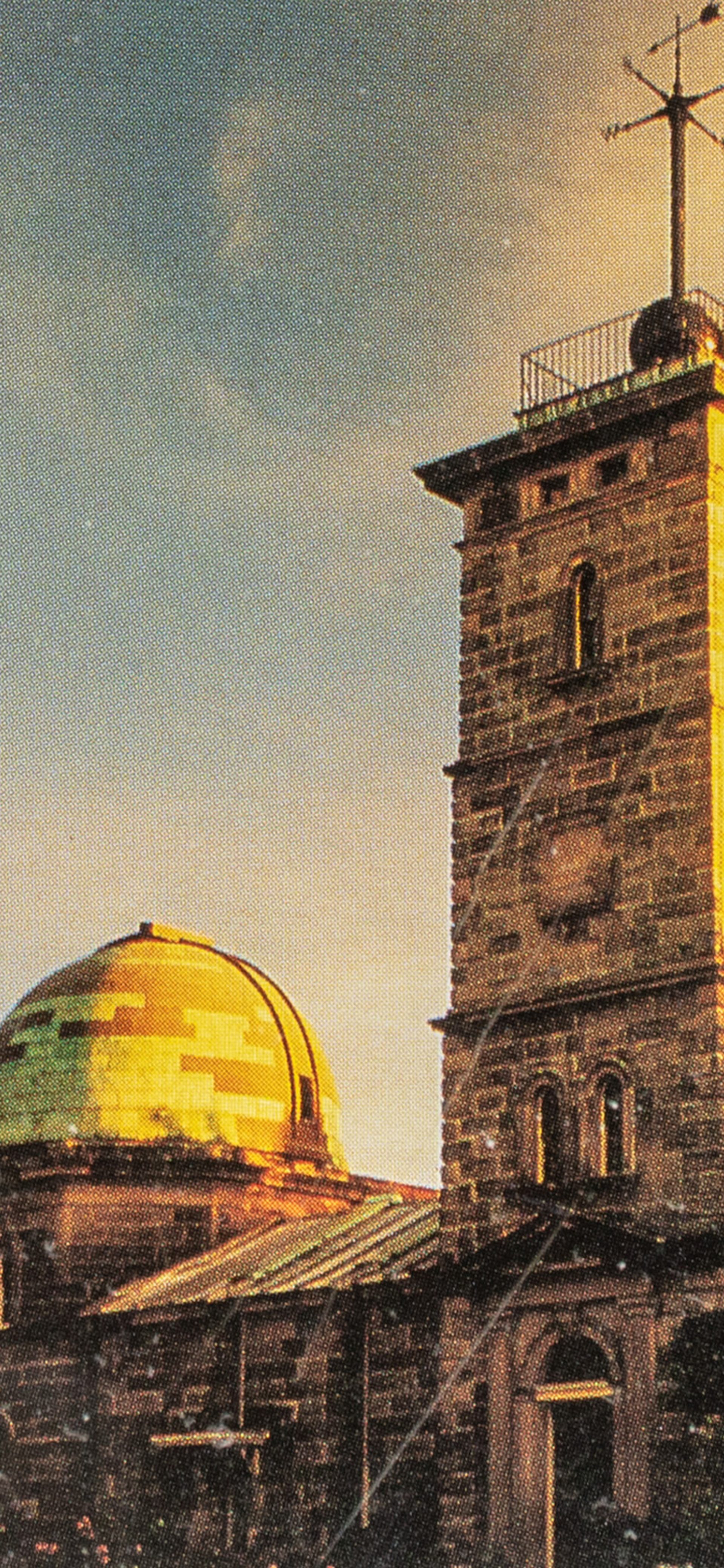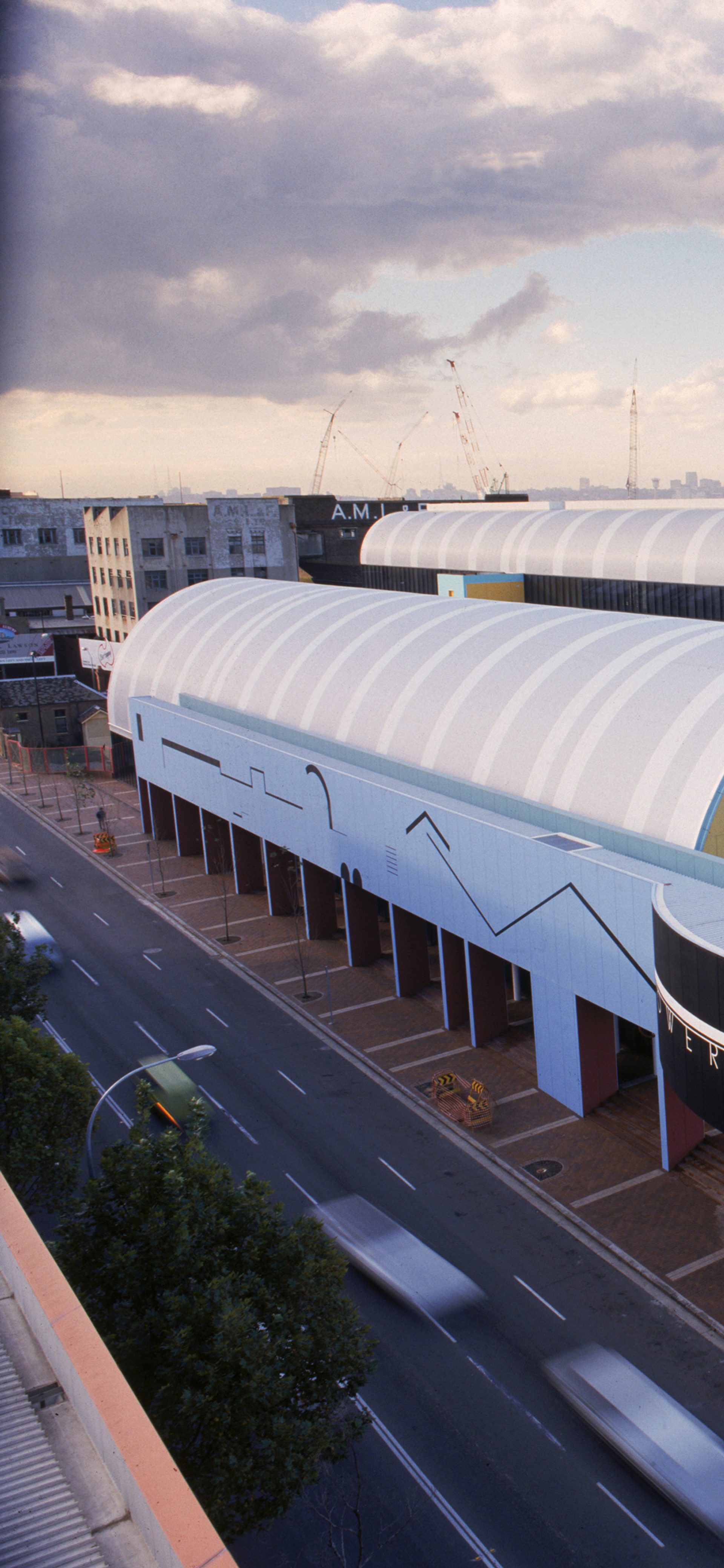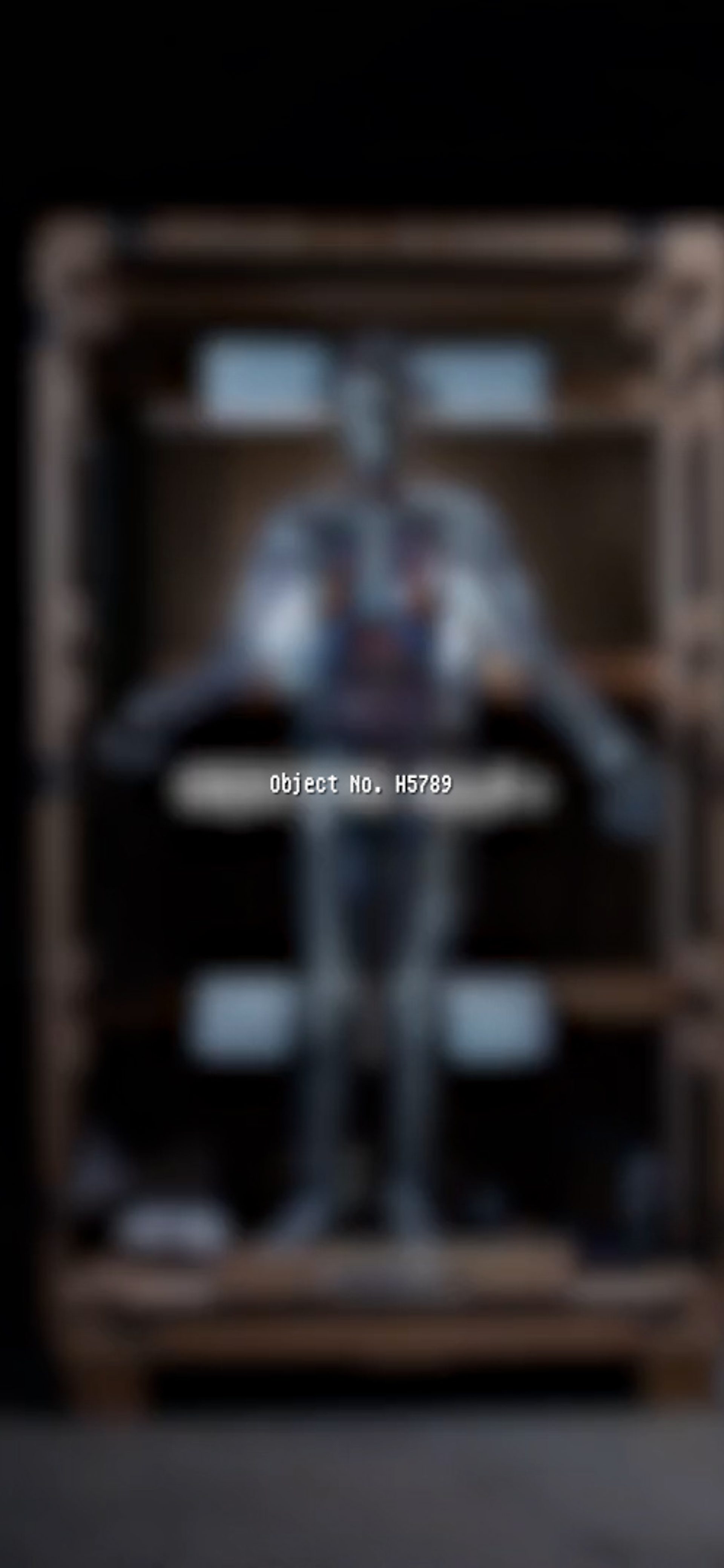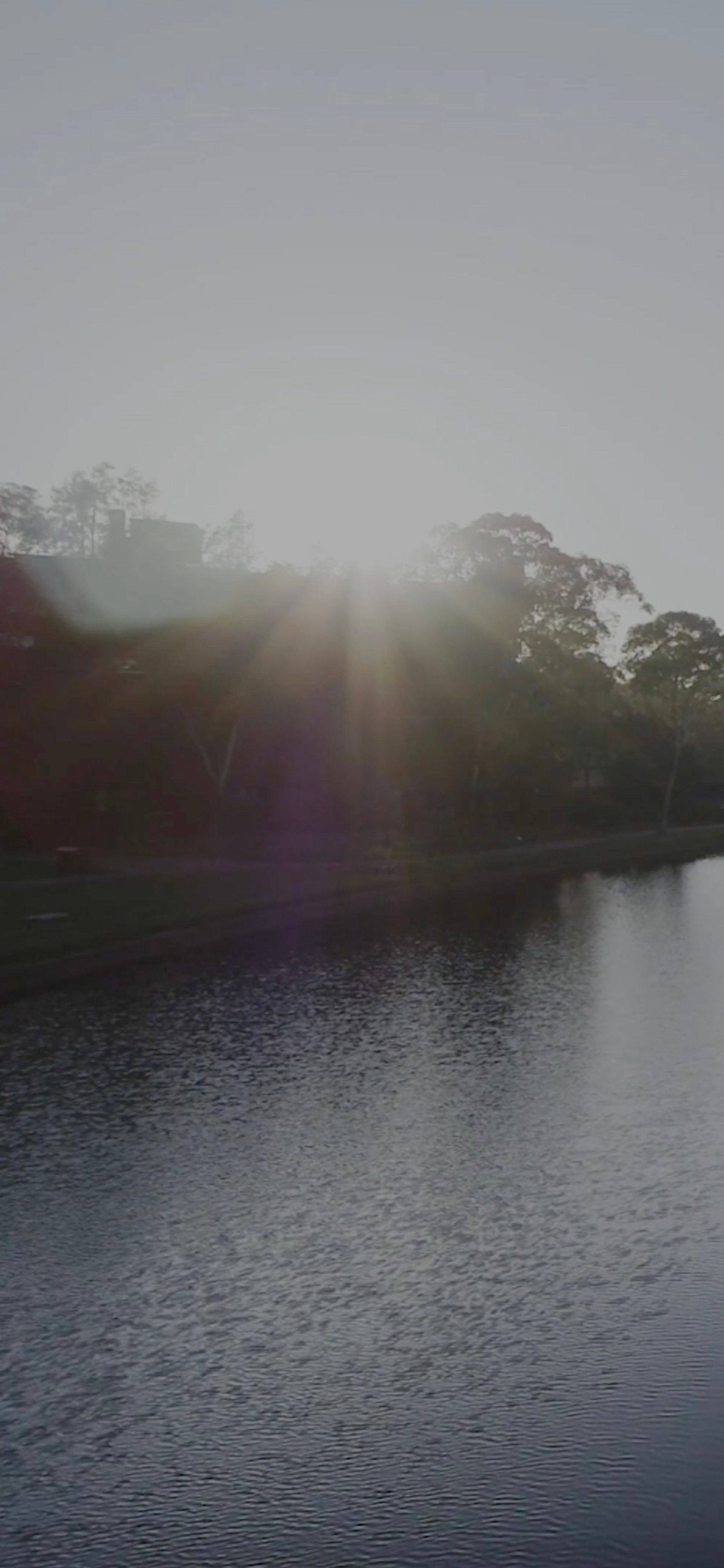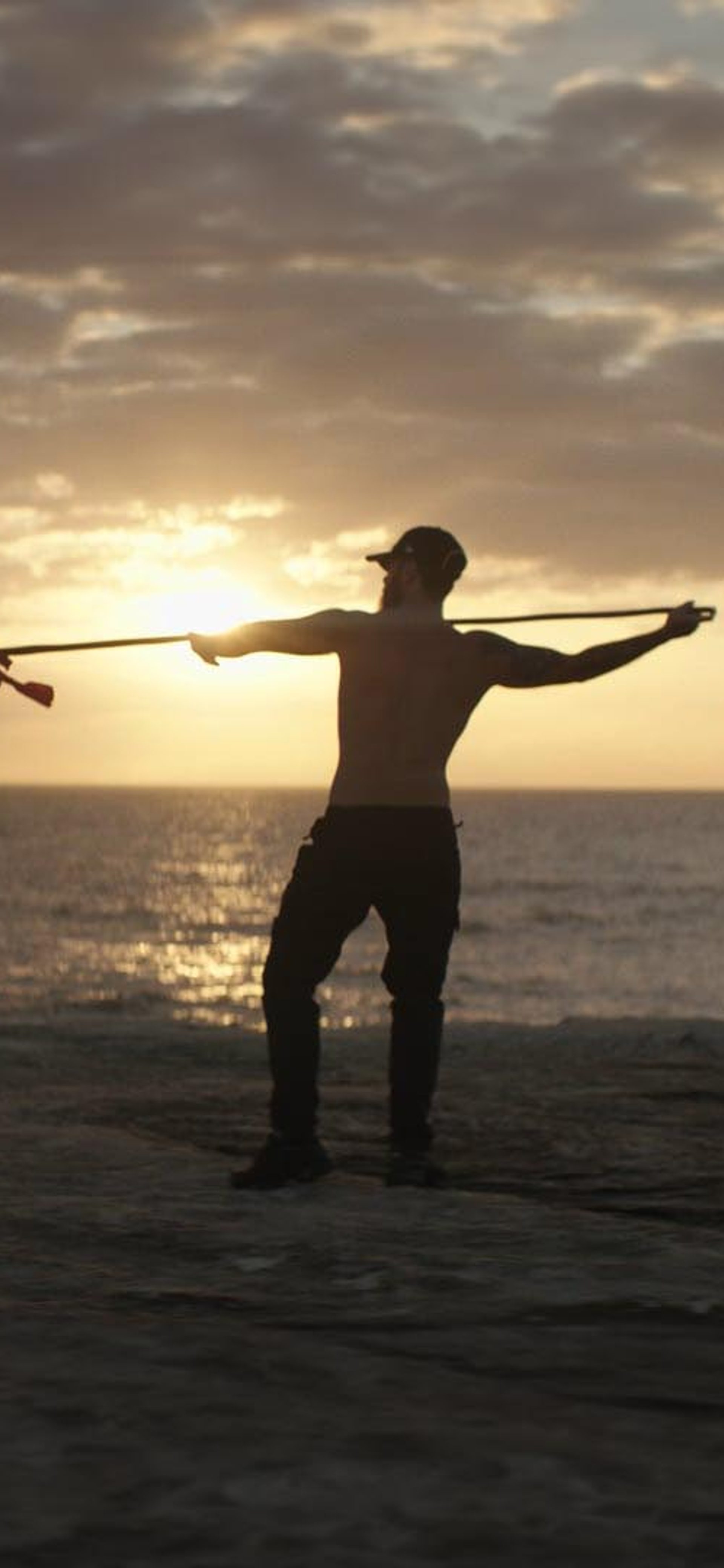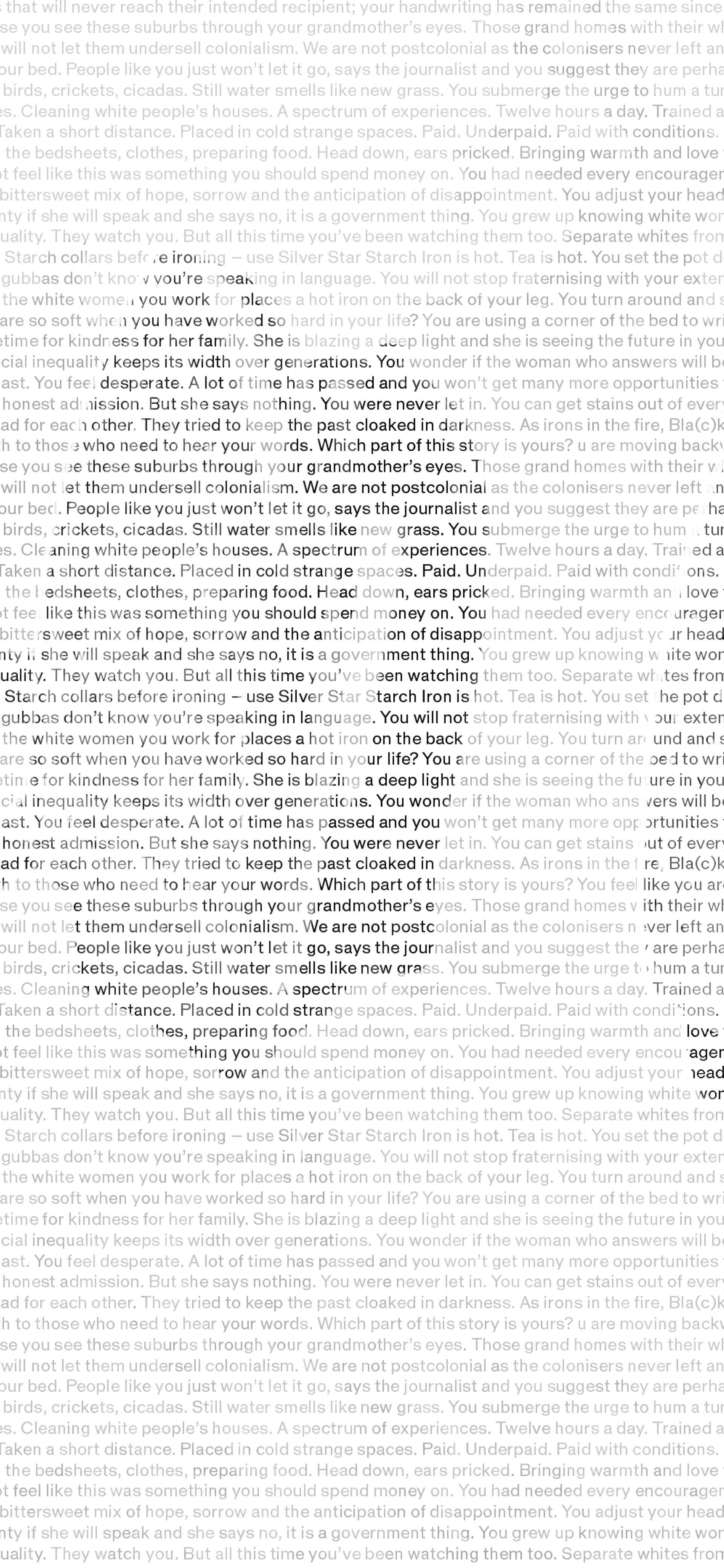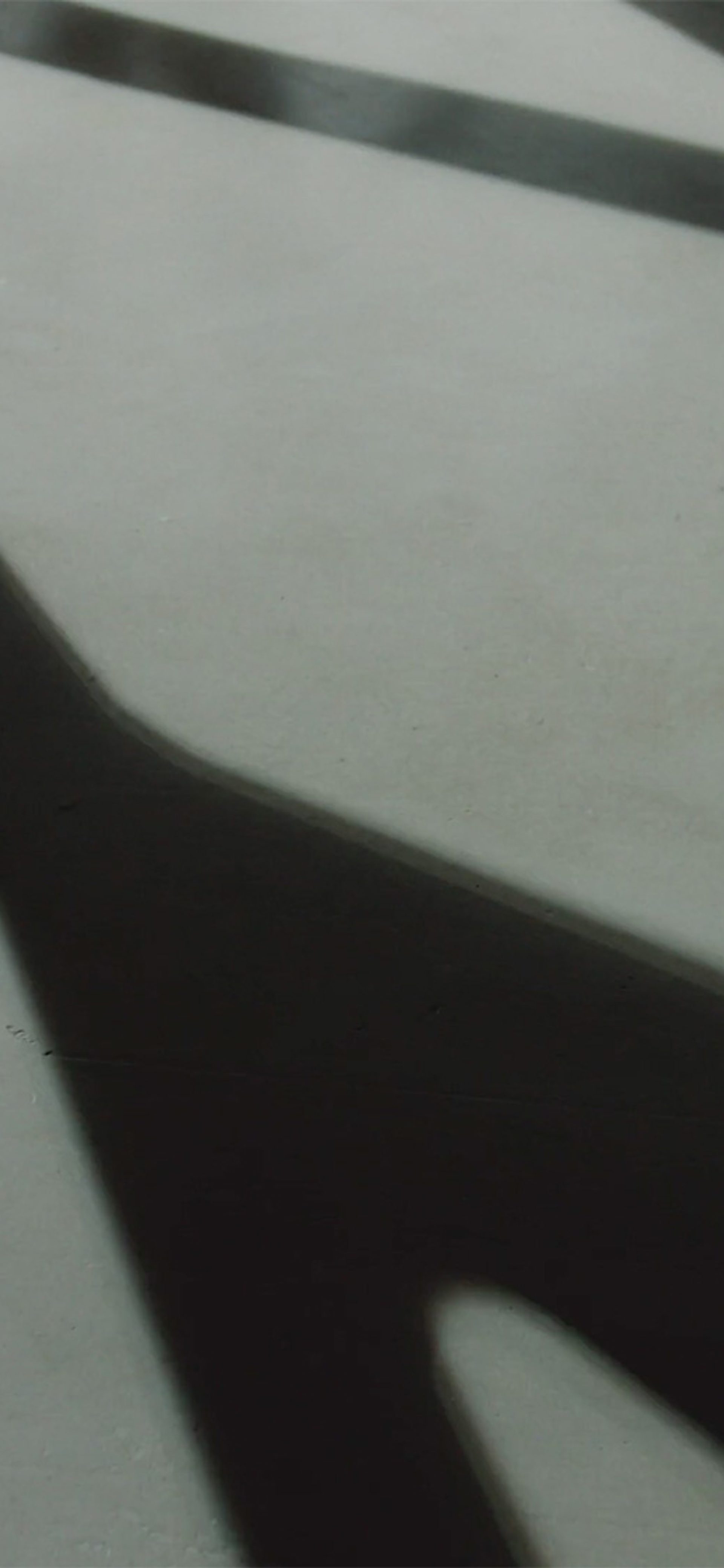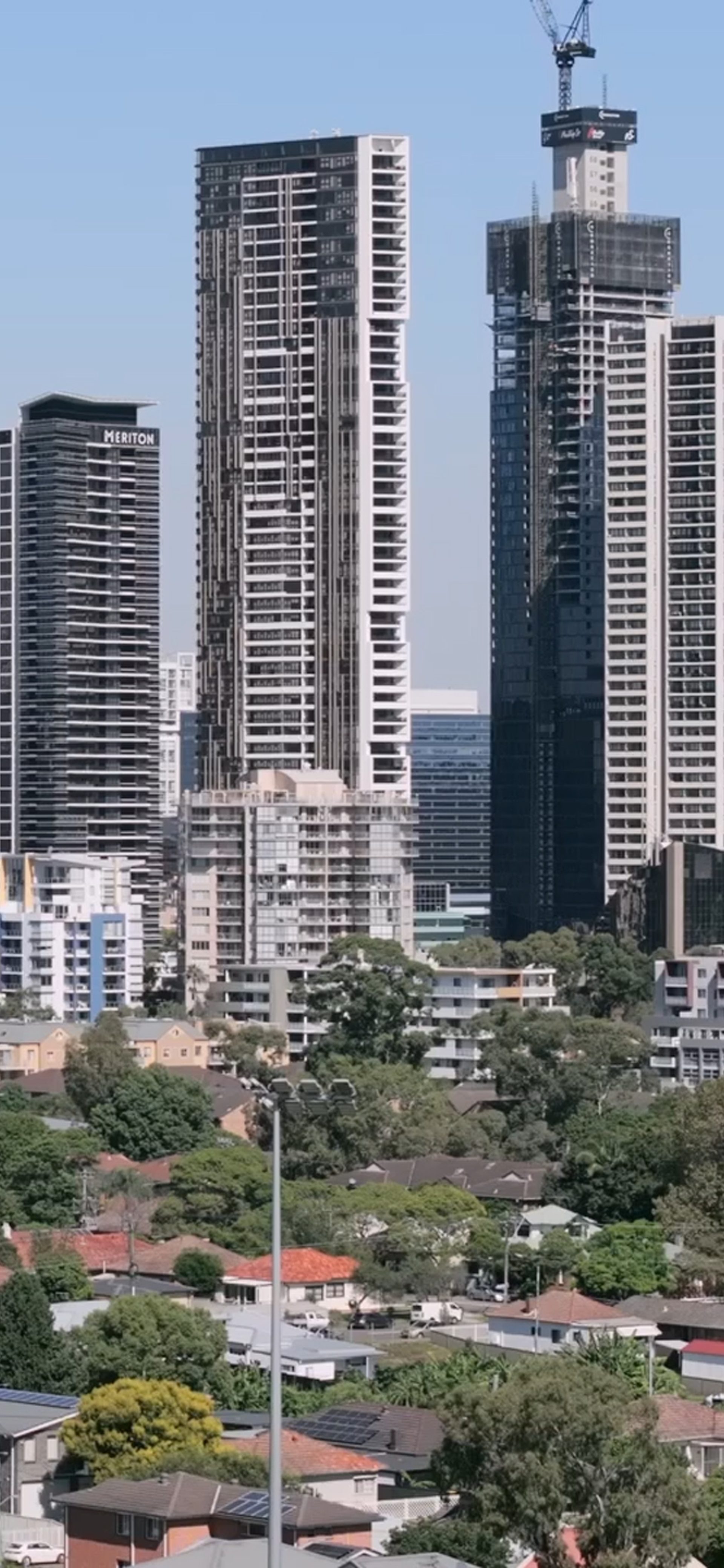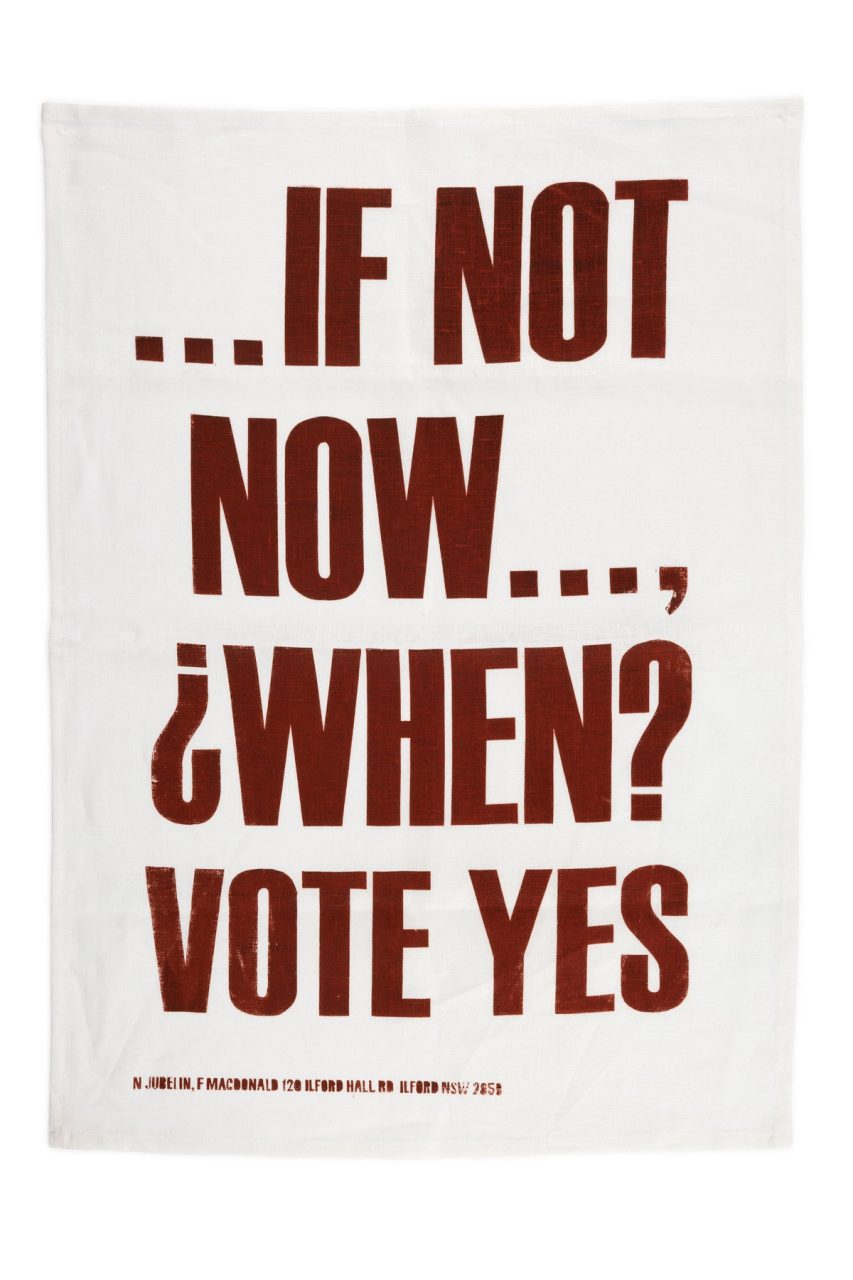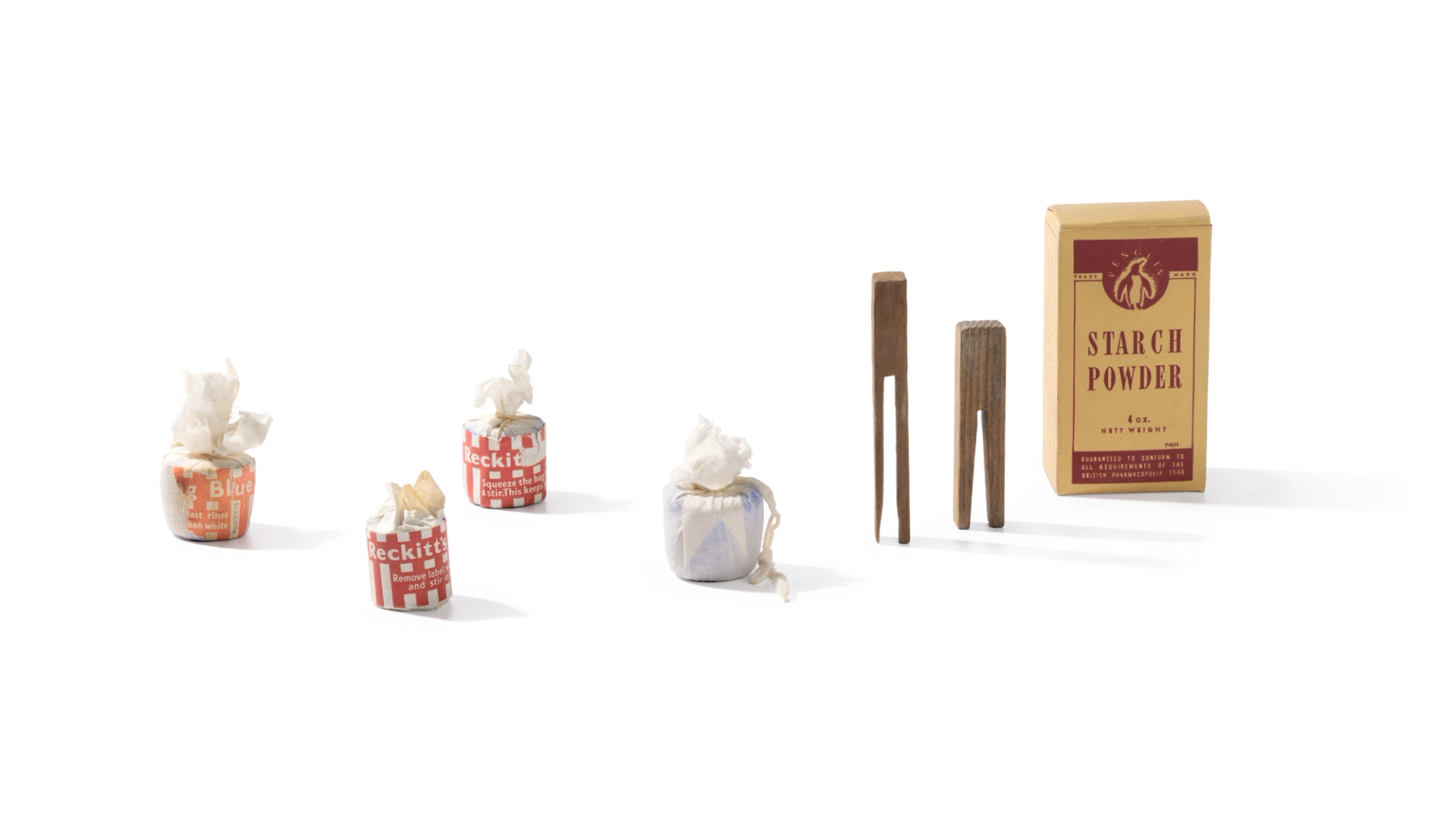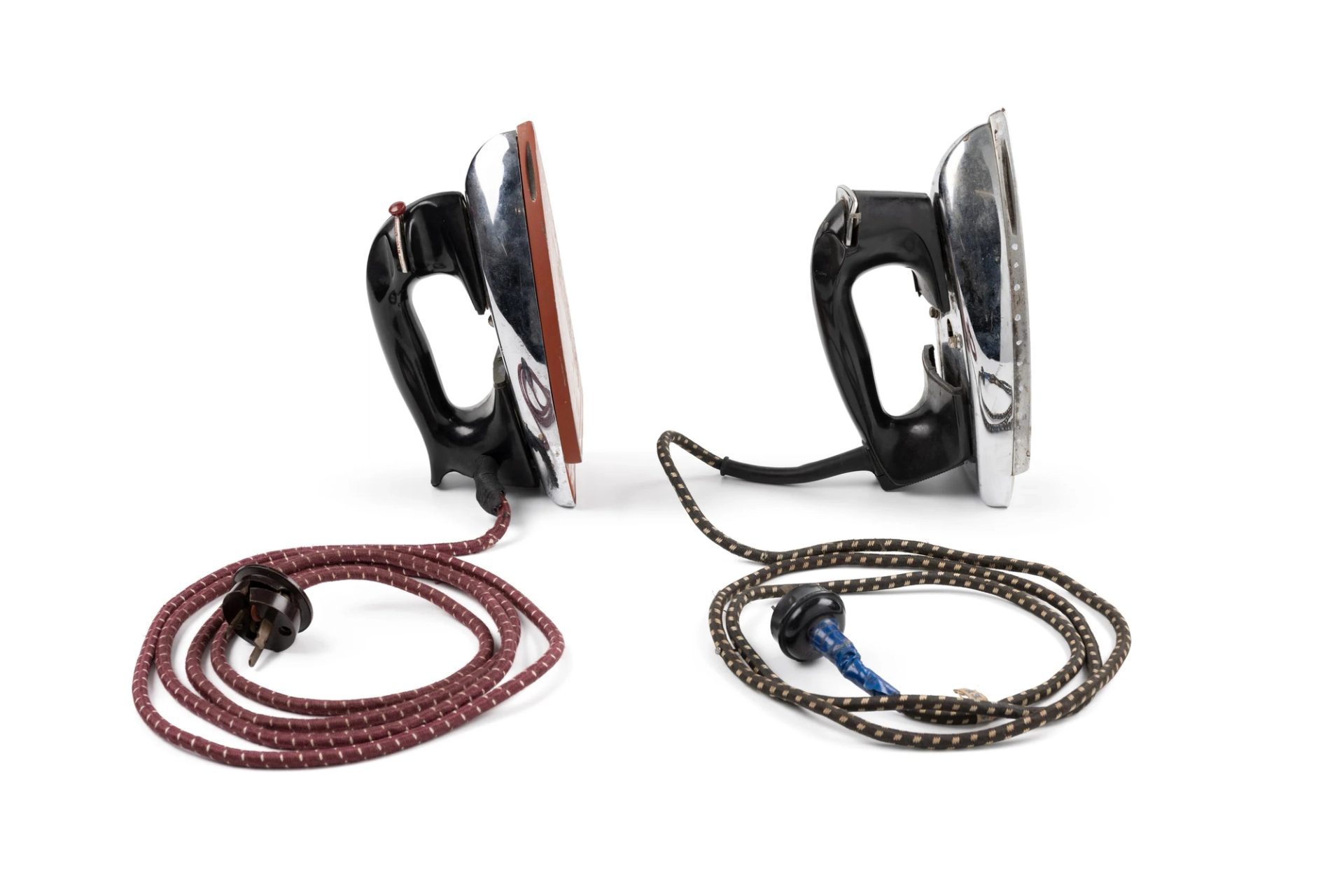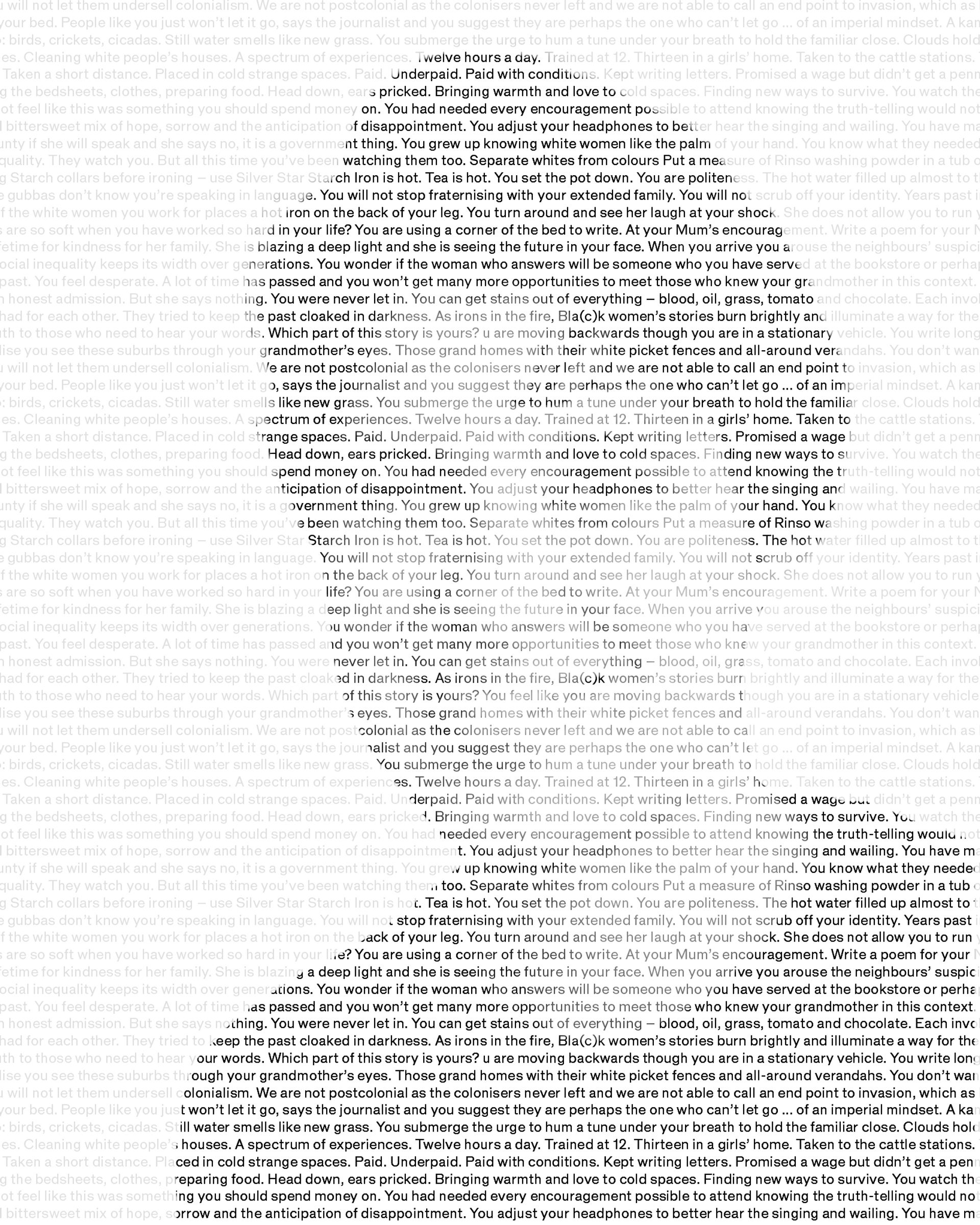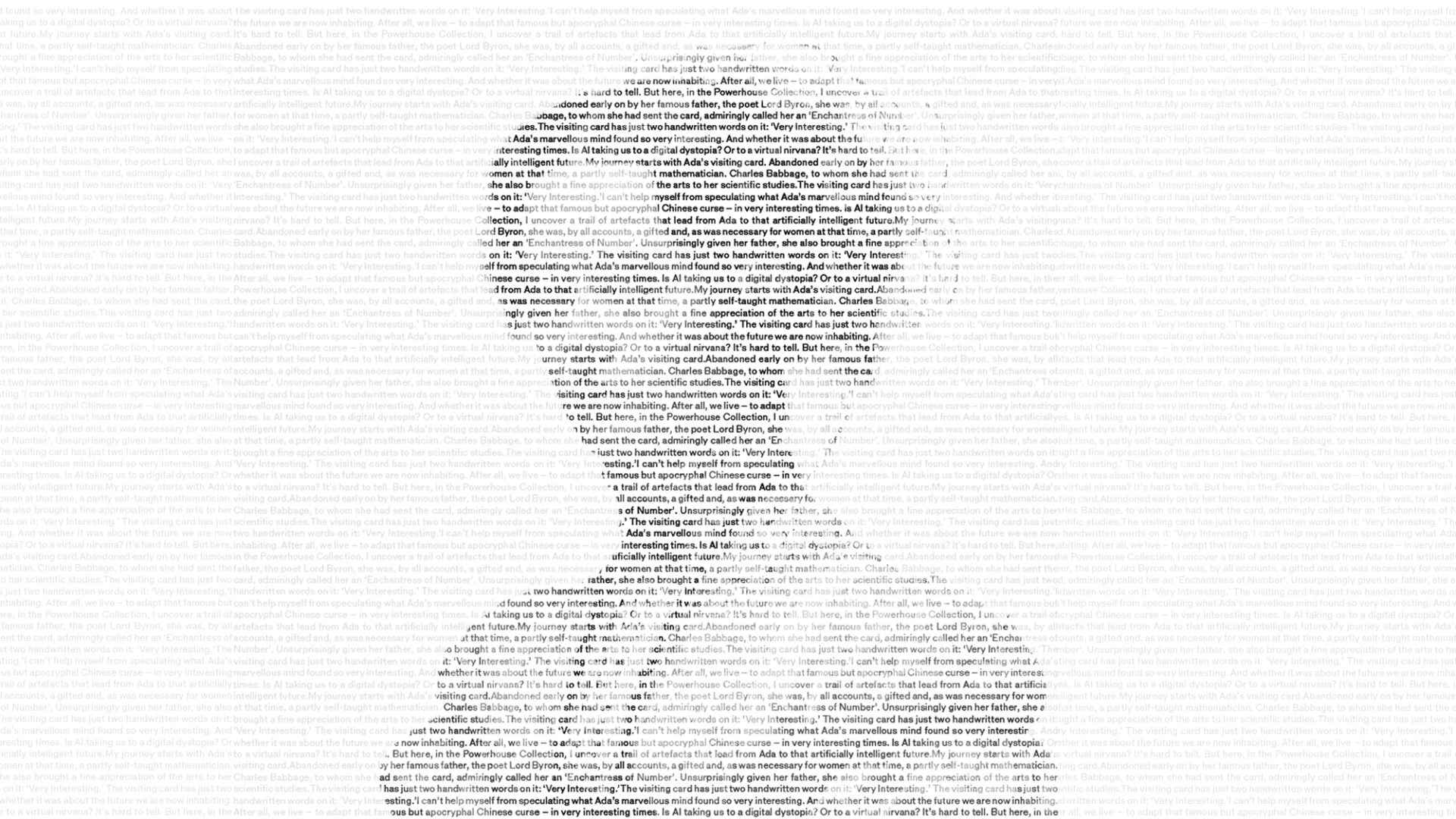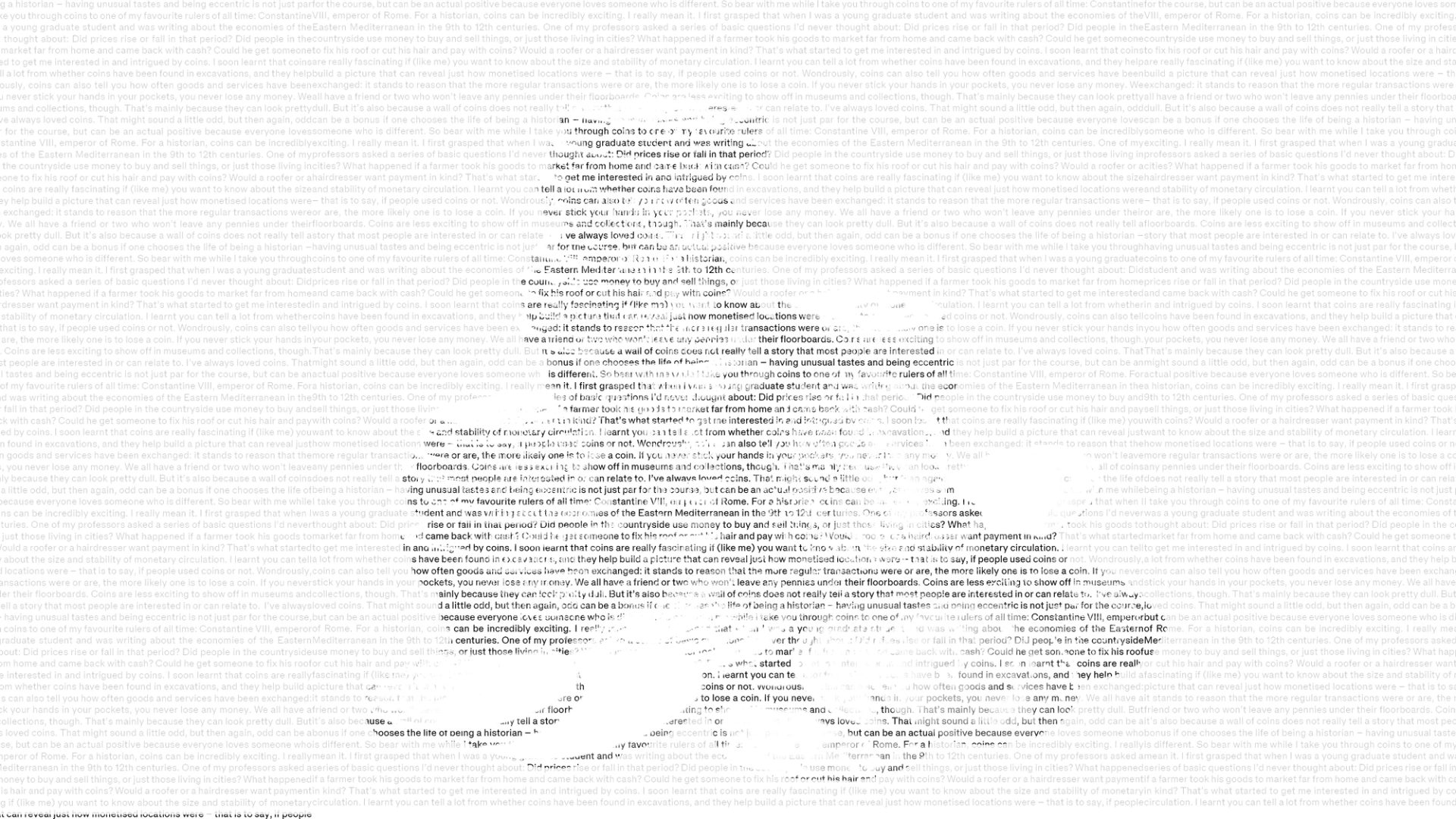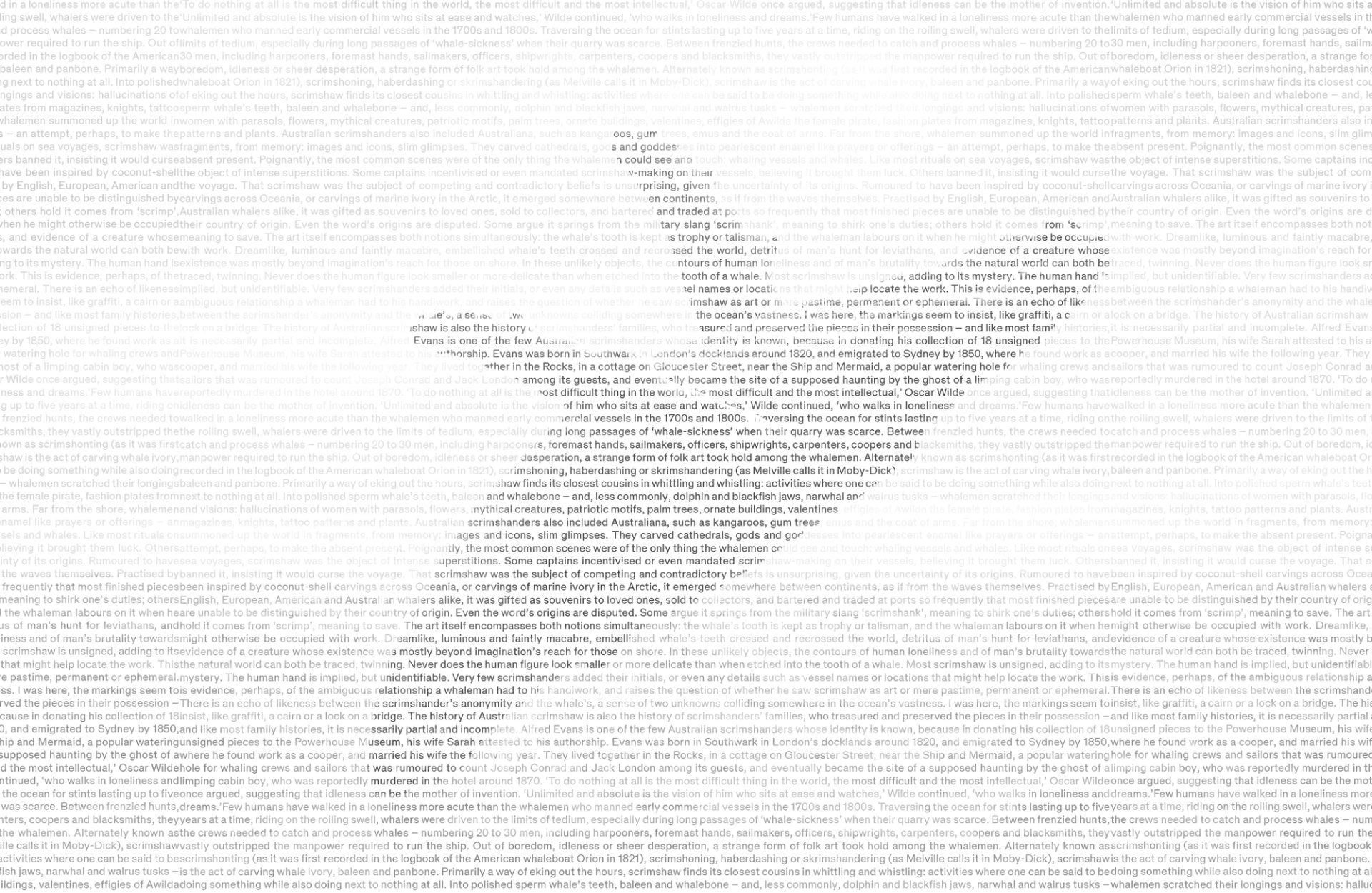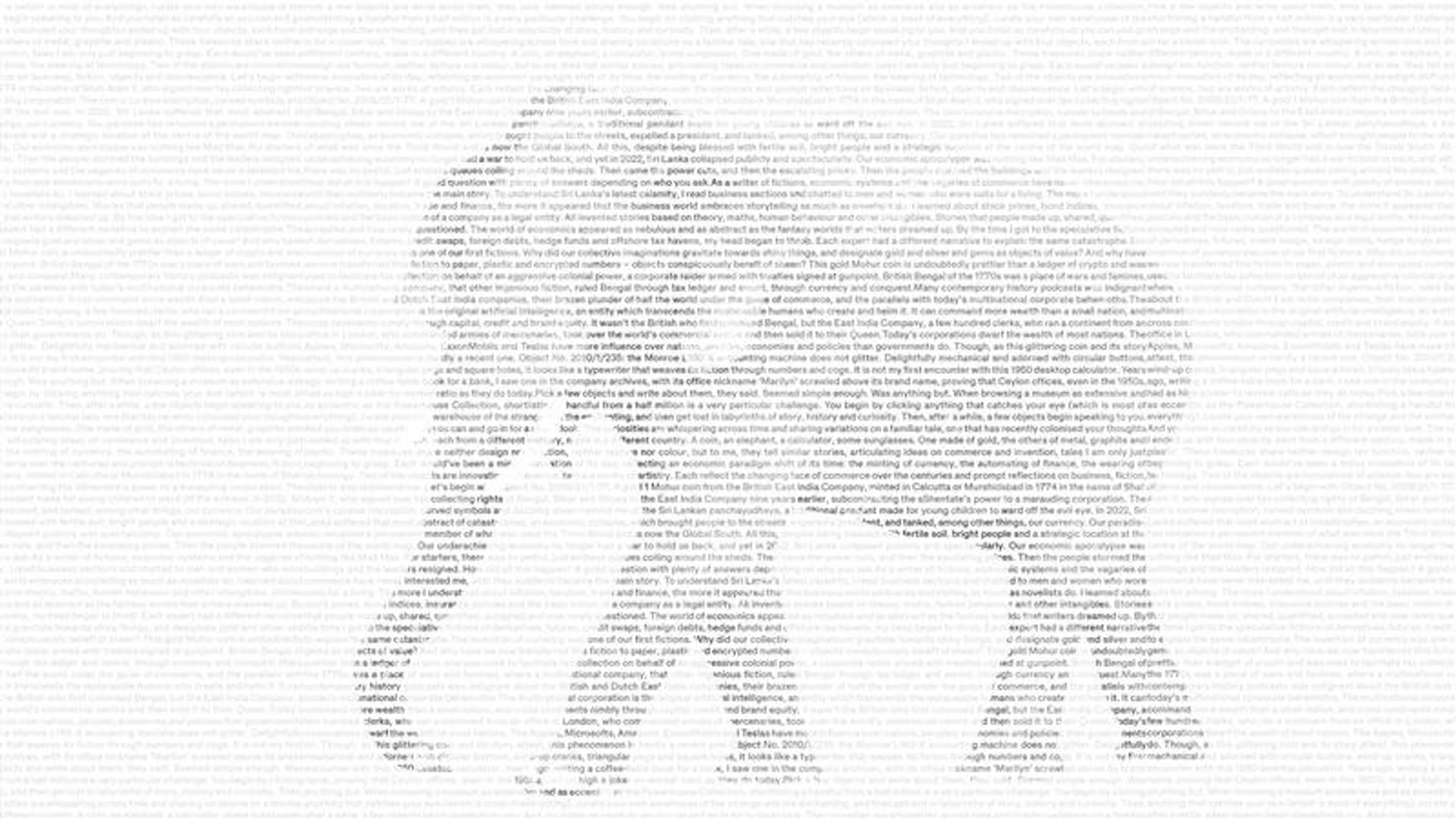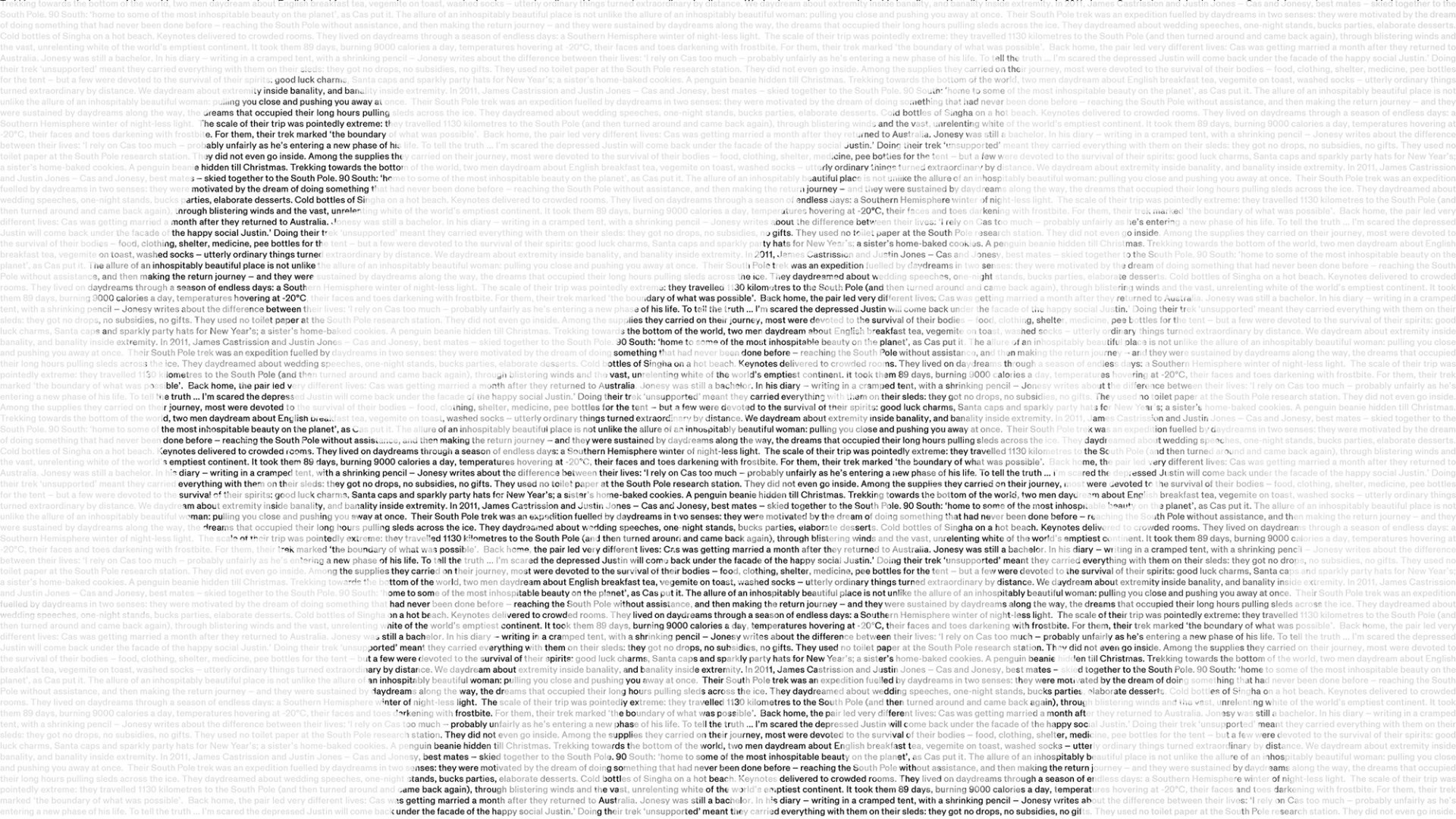Irons in the Fire

Mununjali author Ellen van Neerven allows their ancestors’ experiences to ripple in the present. Commissioned by Powerhouse for the Writing Objects series.
Irons in the Fire
/
You feel like you are moving backwards though you are in a stationary vehicle.
You write long letters that will never reach their intended recipient; your handwriting has remained the same since you were a child. Sometimes you imagine the world through your grandparents and the places they couldn’t enter and the rights they were denied. You contemplate how they dealt with pain.
The bus jolts forward to resume its route. You peek through in the dark side of the window. You realise you see these suburbs through your grandmother’s eyes. Those grand homes with their white picket fences and all-around verandahs. You don’t want to peek into those windows where she used to work. You don’t want to see if there is dust dancing like bad spirits.
/
When they say it is all in the past, you feel your heart race. You know what they are trying to do. You will not let them undersell colonialism. We are not postcolonial as the colonisers never left and we are not able to call an end point to invasion, which as Patrick Wolfe said, is not an event, it is a structure. Therefore, what your grandmother experienced ripples in the present and what her ancestors experienced rippled through her.
Past ties us together like shoelaces. Like an understory in our body. You have thunder eggs under your bed.
People like you just won’t let it go, says the journalist and you suggest they are perhaps the one who can’t let go … of an imperial mindset.
/A kangaroo breaks the front fence. A bloody sunrise signals the start of work. You are a lanky figure in a breezy house. Your skirt brushes against your knees as you move outside to the garden. The music of the swamp: birds, crickets, cicadas. Still water smells like new grass. You submerge the urge to hum a tune under your breath to hold the familiar close. Clouds hold a promise. This is not your land. You are far from brackish rivers of home. Your Country is an aching presence. You are an aching presence. You would rather the fence not be fixed. To be free from any boundaries.
